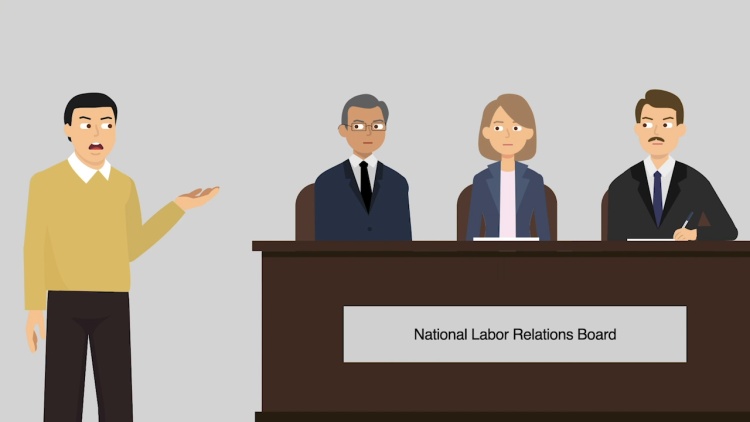Edward J. DeBartolo Corporation v. Florida Gulf Coast Building and Construction Trades Council
United States Supreme Court
485 U.S. 568 (1988)
- Written by Lauren Petersen, JD
Facts
The Edward J. DeBartolo Corp. (DeBartolo) (plaintiff) owned a shopping mall. One of the mall’s tenants was the H.J. Wilson Company (Wilson). Wilson was building a department store using nonunion labor, because the construction company that Wilson had hired to build the store was in a wage dispute with the local union, the Florida Gulf Coast Building and Construction Trades Council (Gulf Coast) (defendant). Gulf Coast distributed handbills to shoppers at DeBartolo’s mall. The handbills urged shoppers to boycott the mall until DeBartolo promised to use only unionized labor for the mall’s construction projects. DeBartolo filed a complaint with the National Labor Relations Board (NLRB), alleging that Gulf Coast had violated § 8(b)(4) of the National Labor Relations Act (NLRA), 29 U.S.C. § 151. Section 8(b)(4) prohibits unions from threatening or coercing people engaged in commerce with the goal of deterring them from doing business. The NLRB found in favor of DeBartolo, holding that the literal language of § 8(b)(4) prohibited Gulf Coast’s handbill distribution. The court of appeals reversed, finding that Gulf Coast’s handbilling constituted consumer publicity rather than secondary picketing and therefore was not coercive activity for purposes of § 8(b)(4). The United States Supreme Court granted certiorari.
Rule of Law
Issue
Holding and Reasoning (White, J.)
What to do next…
Here's why 910,000 law students have relied on our case briefs:
- Written by law professors and practitioners, not other law students. 47,100 briefs, keyed to 997 casebooks. Top-notch customer support.
- The right amount of information, includes the facts, issues, rule of law, holding and reasoning, and any concurrences and dissents.
- Access in your classes, works on your mobile and tablet. Massive library of related video lessons and high quality multiple-choice questions.
- Easy to use, uniform format for every case brief. Written in plain English, not in legalese. Our briefs summarize and simplify; they don’t just repeat the court’s language.





